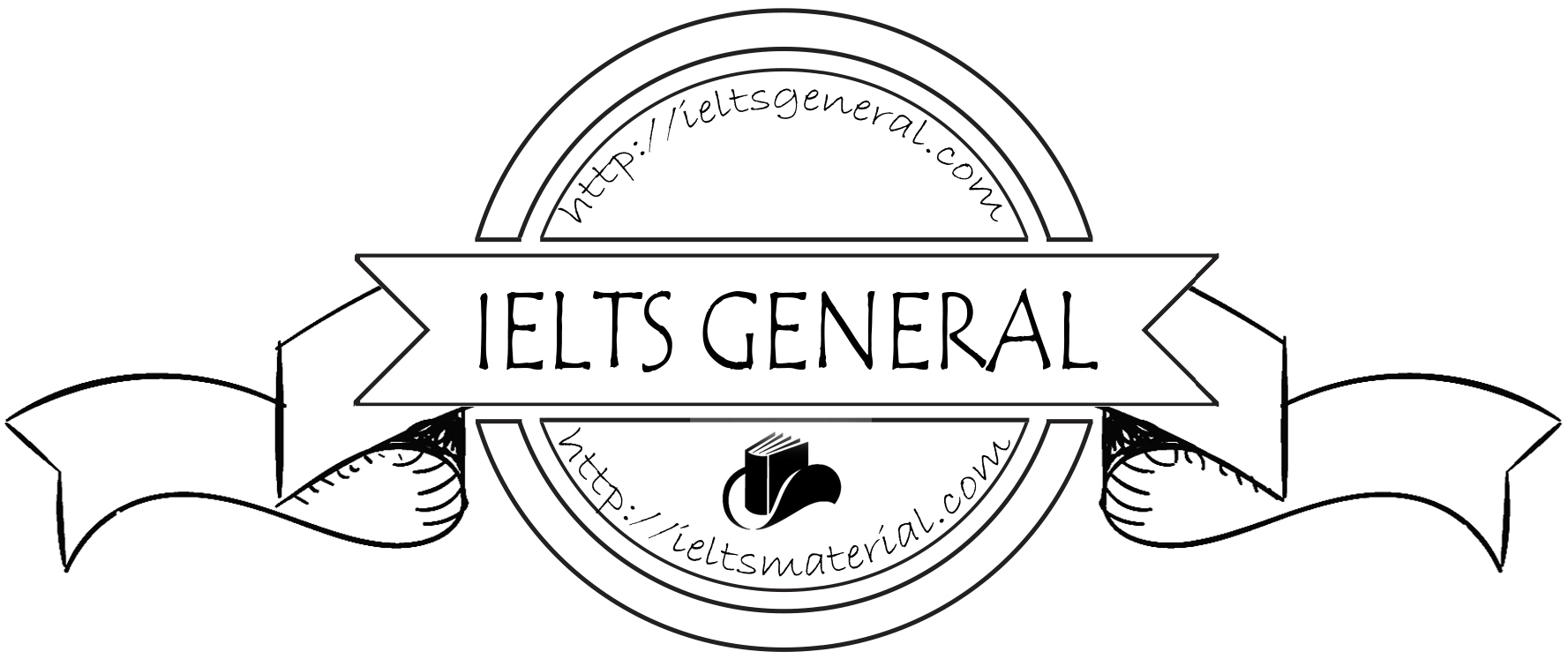Incorrect omissions
Omission of prepositions
The following are examples of mistakes made through the omission of the preposition after certain words.
223. Ask for a thing, not ask a thing
Don’t say: She came and asked my book.
√ Say: She came and asked for my book.
224. Dispose/get rid of a thing, not dispose/get rid a thing
Don’t say: He’ll dispose/get rid all his property.
√ Say: He’ll dispose/get rid of all his property.
225. Dream of a thing, not dream a thing
Don’t say: Young men dream glory and riches.
√ Say: Young men dream of glory and riches.
226. Explain to a person, not explain a person
Don’t say: She explained me the matter.
√ Say: She explained the matter to me.
227. Knock at the door, not knock the door
Don’t say: Who is knocking the door?
√ Say: Who is knocking at the door?
228. Listen to a person or thing, not listen a person or thing
Don’t say: They were listening the music.
√ Say: They were listening to the music.
229. Pay for a thing, not pay a thing
Don’t say: How much did you pay the book?
√ Say: How much did you pay for the hook?
Note: A person can pay another person. He/She can also pay a bill, an account or a subscription. He/She pays for a thing that he/she buys.
230. Point to or at a person or thing, not point a person or thing
Don’t say: He pointed the map on the wall.
√ Say: He pointed to the map on the wall.
Or: He pointed at the map on the wall.
Note: Also point out –> He pointed out the boy who did it. To point (without any preposition) means to direct –> Don’t point the gun this way.
231. Remind a person of something, not remind a person something
Don’t say: Please remind me that later.
√ Say: Please remind me of that later.
232. Reply to a person, not reply a person
Don’t say: She’s not replied me yet.
√ Say: She’s not replied to me yet.
233. Say to a person, not say a person
Don’t say: Kevin said me “Come tomorrow.”
√ Say: Kevin said to me “Come tomorrow.”
234. Search for a lost thing, not search a lost thing
Don’t say: They’re searching the ball.
√ Say: They’re searching for the ball.
Note: In search of –> The wolf goes in search of sheep. To search someone or something (without the for) means to look in one’s pockets or house –> The policeman searched the man and his house.
235. Share with a person, not share a person
Don’t say: My friend shared me his book.
√ Say: My friend shared his book with me.
236. Speak to a person, not speak a person
Don’t say: I’ll speak him about that.
√ Say: I’ll speak to him about that.
Note: I’ll speak to him means “I’ll do all the speaking.” I’ll speak with him means “I’ll have a conversation with him.”
237. Supply a person with something, not supply a person something
Don’t say: Can you supply me all I need?
√ Say: Can you supply me with all I need?
Note: Also provide a person with –> She provided her son with all he needed.
238. Think of a person or thing, not think a person or thing
Don’t say: Think a number and then double it.
√ Say: Think of a number and then double it.
239. Wait for a person or thing, not wait a person or thing
Don’t say: I’ll wait you at the cinema.
√ Say: I’ll wait for you at the cinema.
Note: Await takes no preposition –> I’m awaiting your reply.
240. Wish for a thing, not wish a thing
Don’t say: He doesn’t wish any reward.
√ Say: He doesn’t wish for any reward.
241. Write to a person, not write a person
Don’t say: I’ll write her tomorrow.
√ Say: I’ll write to her tomorrow.
Note: When the direct object of write is expressed, omit the preposition –> I’ll write him a letter.
